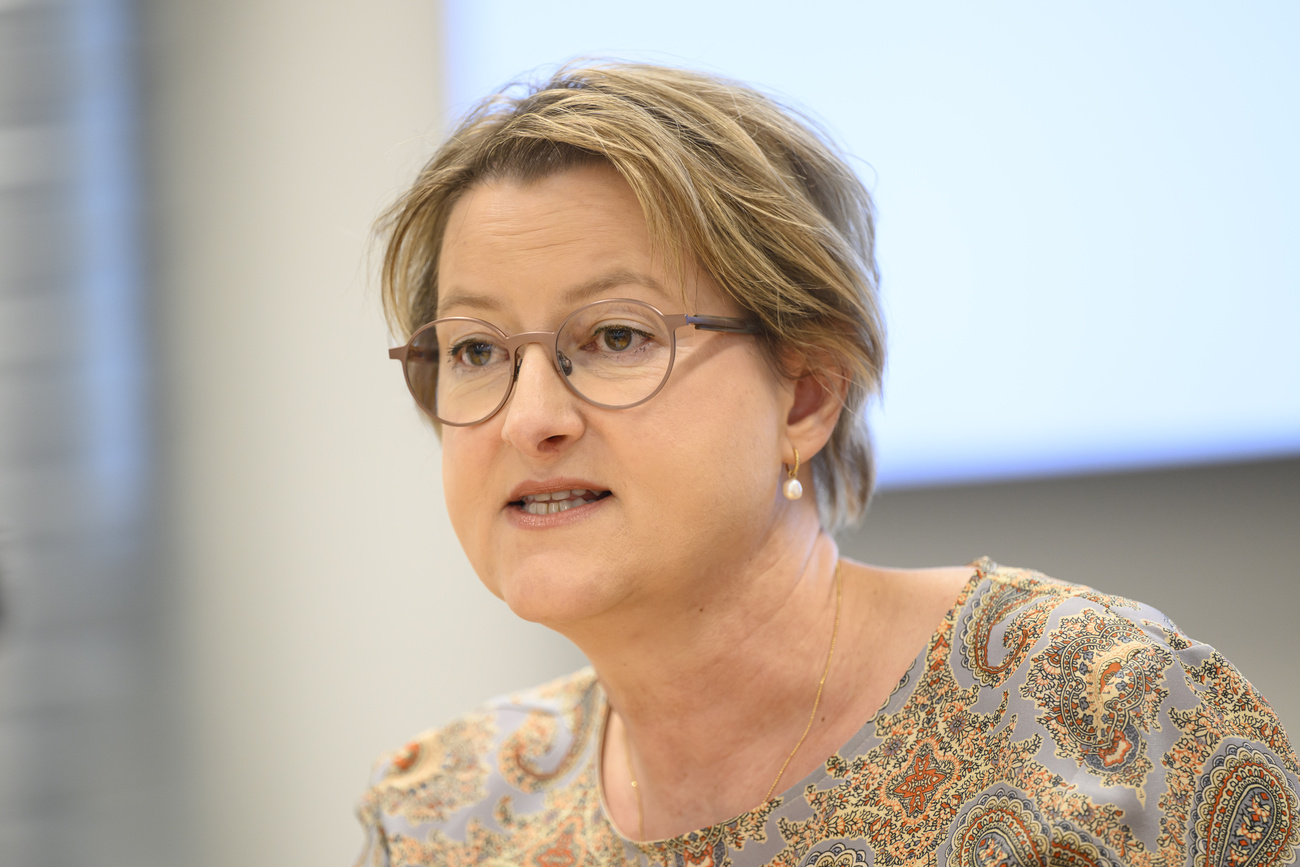
Peace and reconciliation: how Colombia wants to put the war behind it
Two perpetrators and two victims of the Colombian civil war present the painstakingly negotiated peace process together in Switzerland – for the first time before the international community. They want to show that reconciliation is possible after decades of war.
The armed conflict in Colombia had lasted more than half a century when the government signed a peace agreement with the largest guerrilla organisation FARC in 2016. Some seven years later, a Colombian delegation travelled to Geneva in September to present the reconciliation process to the UN Human Rights Council. This was the first time high-level perpetrators have appeared before the international community together with victims of the conflict. SWI swissinfo.ch was the first non-Colombian media to interview them.
The peace process in Colombia, which remains controversial, has been given new impetus by the “total paz” (“total peace”) policy of Gustavo Petro, the leftist president and former guerrilla fighter. In the armed conflict between the Marxist guerrilla FARC, the Colombian state and right-wing paramilitary groups, more than 220,000 people have been killed and countless injured over five decades. An estimated five million people were forced to flee. In total, a sixth of the country’s population was affected. Insurgent groups, right-wing paramilitaries and drug cartels are still active in the country, and attacks occur regularly.
The peace agreement was the result of many years of diplomatic activity; under the auspices of Norway and Cuba, numerous states and international organisations worked out the very comprehensive set of rules in complex negotiations. In addition to ending the conflict and the political integration of the guerrillas, it covers a wide range of other issues, from land reforms to compensation for victims, democratisation and a solution to the problem of illegal drugs in Colombia.
Switzerland is accompanying the peace process from the point of view of political participation. At the same time, it is active in peace policy at other levels: It was asked to keep a digital backup copy of the archives of the Colombian Truth Commission, which contain information on human rights violations and testimonies.
At the request of the Colombian government and the rebel group EMC (Estado Mayor Central), Switzerland has also accepted a mandate as guarantor for the new peace process. The EMC is largely made up of former FARC militants who had split off. It is one of about two dozen armed conflicts in which Switzerland is currently acting as a mediator.
Edited by Marc Leutenegger. Translated from German by DeepL/ts





































You can find an overview of ongoing debates with our journalists here . Please join us!
If you want to start a conversation about a topic raised in this article or want to report factual errors, email us at english@swissinfo.ch.